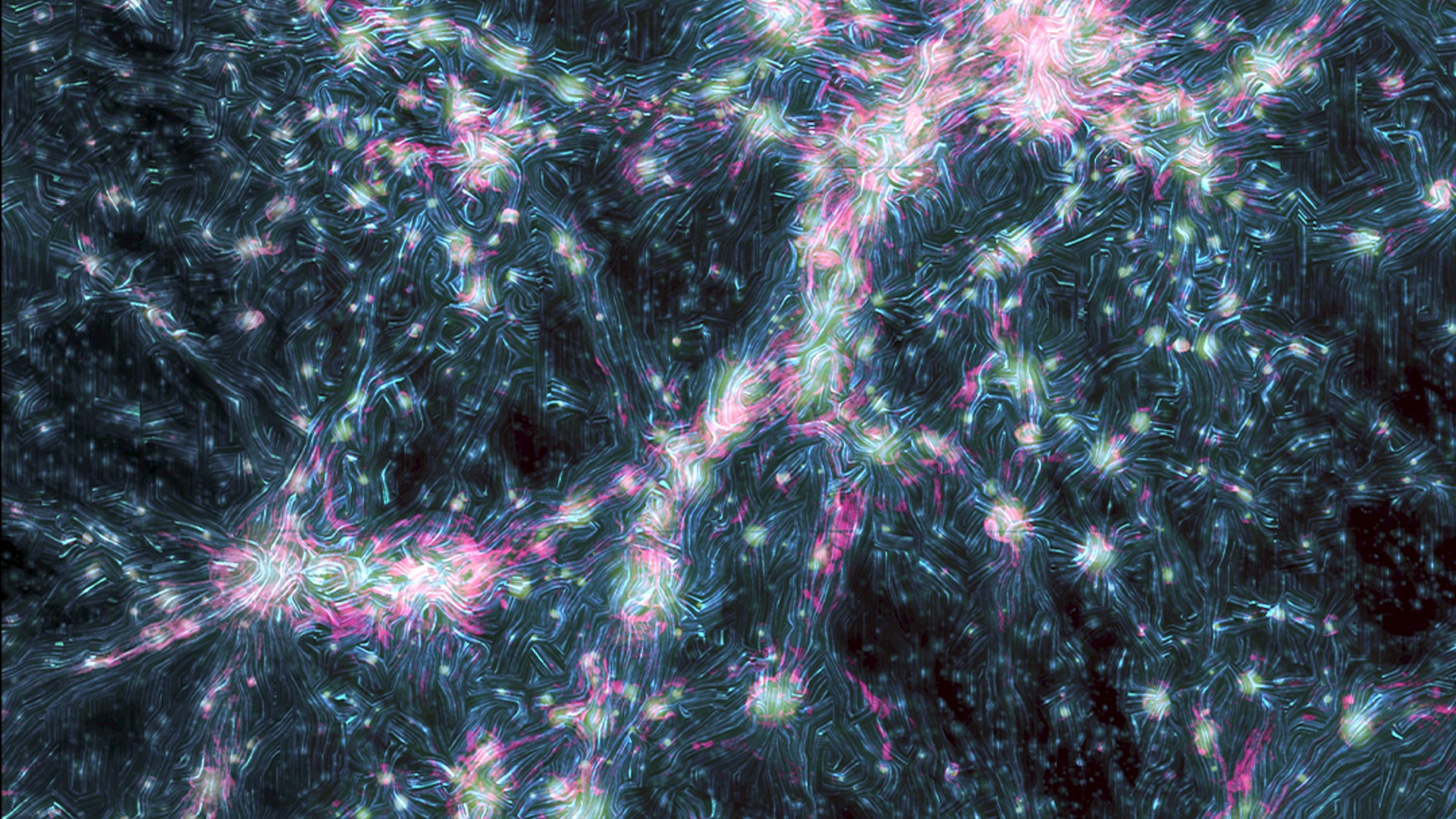Vote Now! Best Space Stories of the Week – June 21, 2014
Orbital Brew, New Observations & More
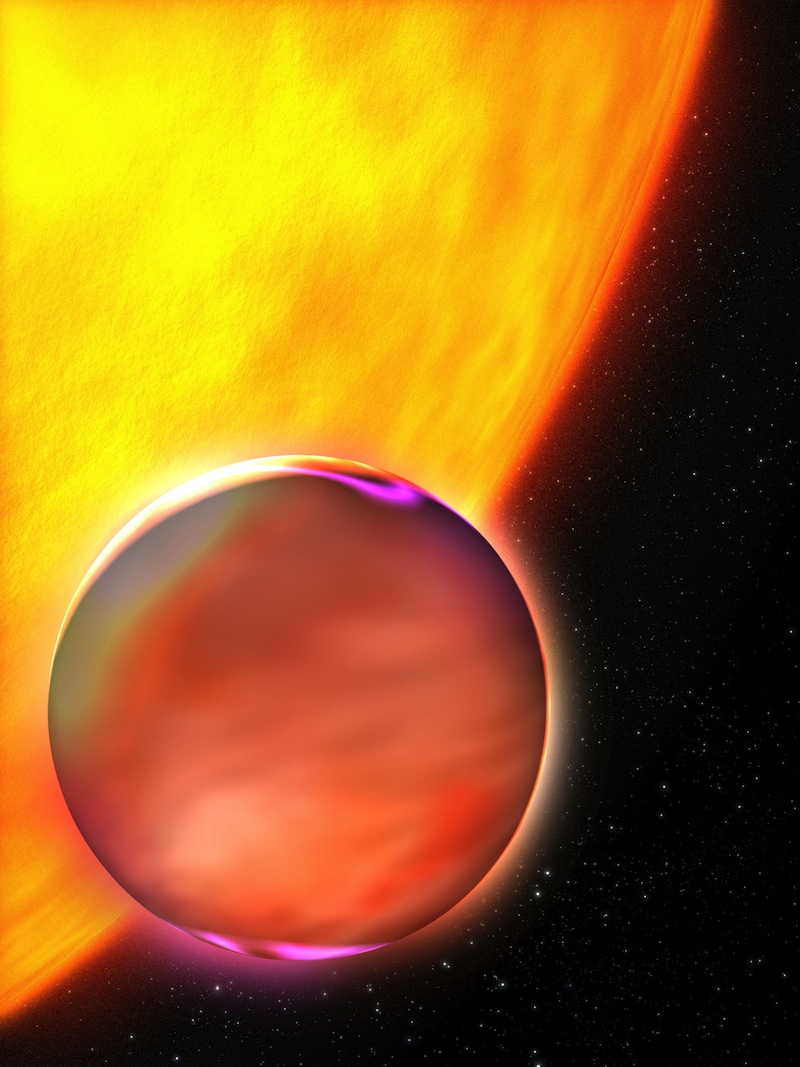
Last week we learned the International Space Station will get its first coffee machine, astronomers developed a new method to detect methane, new observations showed that starbursts in dwarf galaxies played a bigger role than expected in the early history of the universe and more. See the best stories from last week here.
FIRST STOP: Incredible Technology: Private Mars Mission Could Return Samples by 2020
Incredible Technology: Private Mars Mission Could Return Samples by 2020
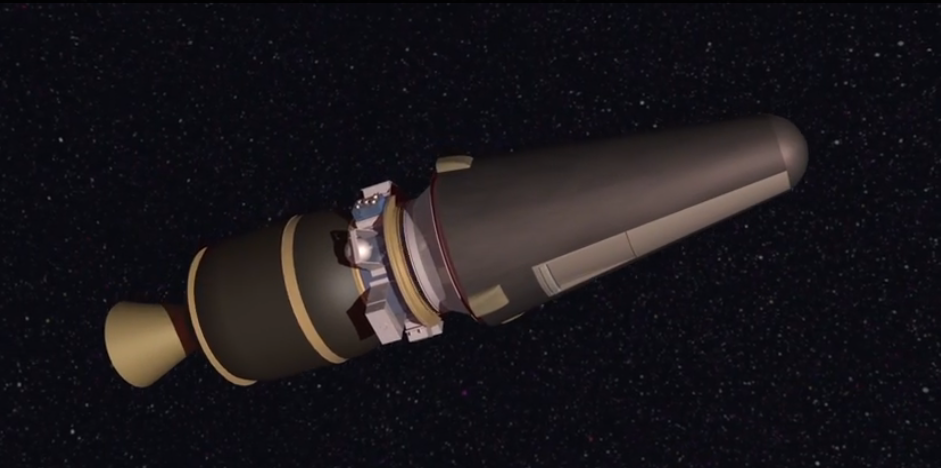
A private mission could return Martian samples to Earth by 2020 without even touching down on the Red Planet.
[Full Story]
NEXT: Orbital Brew: Astronauts to Get 1st Space Station Coffee Maker
Orbital Brew: Astronauts to Get 1st Space Station Coffee Maker

The International Space Station is getting a critical upgrade: its first coffee machine. The "ISSpresso," a capsule-based espresso machine, will enable astronauts to brew the hot caffeinated beverage as an alternative to the instant coffee that has been their only option aboard the space station for the past 13 years.
[Full Story]
NEXT: New Methane-Hunting Tool Could Boost Search for Alien Life
New Methane-Hunting Tool Could Boost Search for Alien Life

Astronomers have developed a new method to detect methane — an organic molecule considered one of the building blocks of life — on alien planets.
[Full Story]
NEXT: NASA's Futuristic Spacesuits Made for Mars Walkers
NASA's Futuristic Spacesuits Made for Mars Walkers
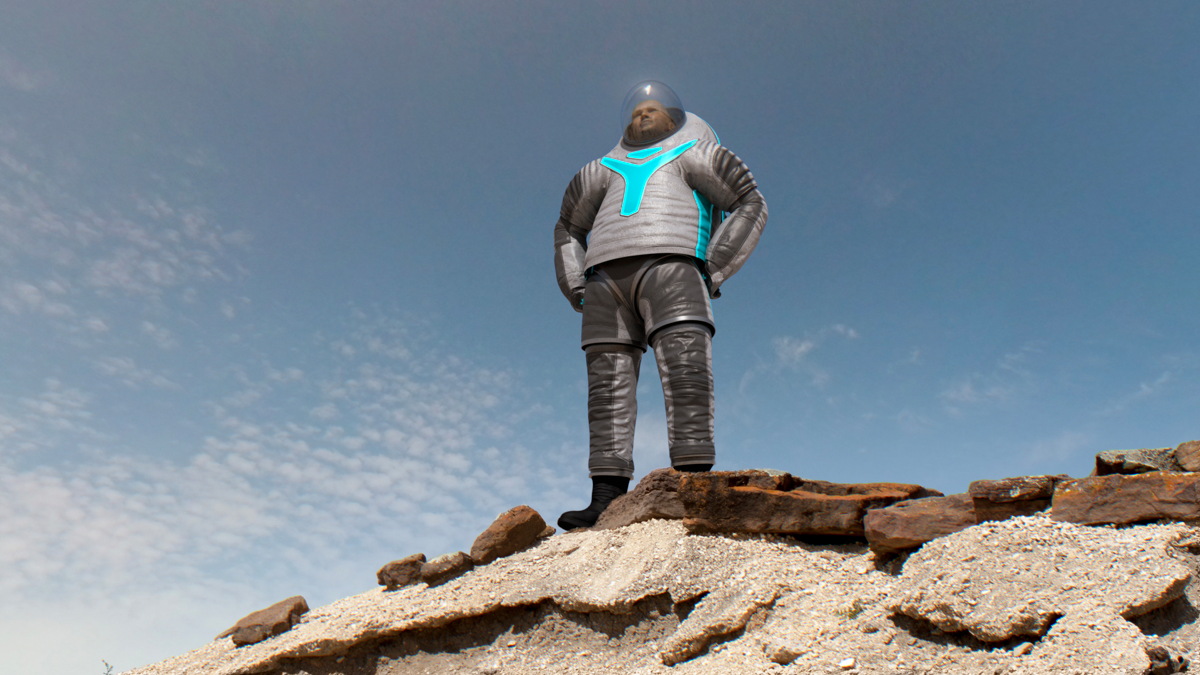
Getting astronauts to the Red Planet is the chief long-term goal of NASA's human spaceflight program, so the agency is developing many technologies to help make that happen, including a new line of prototype spacesuits called the Z-series.
[Full Story]
NEXT: NASA Hubble Telescope to Hunt for Pluto-Bound NASA Probe's Next Target
Hubble Telescope to Hunt for Pluto-Bound NASA Probe's Next Target
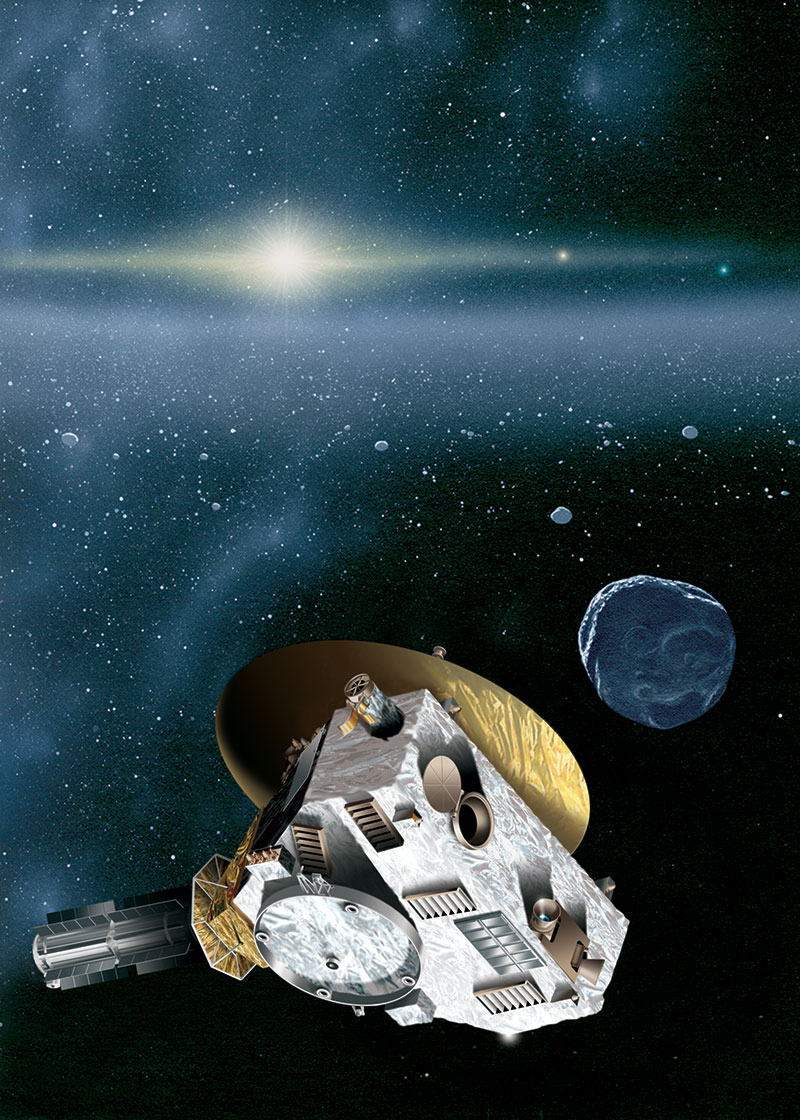
Scientists will use the space agency's Hubble Space Telescope to search for another faraway object that could be visited by the New Horizons mission after its Pluto encounter, which is scheduled to take place in July 2015.
[Full Story]
NEXT: NASA Dark-Energy Mission Could Spot 3,000 New Alien Planets
NASA Dark-Energy Mission Could Spot 3,000 New Alien Planets
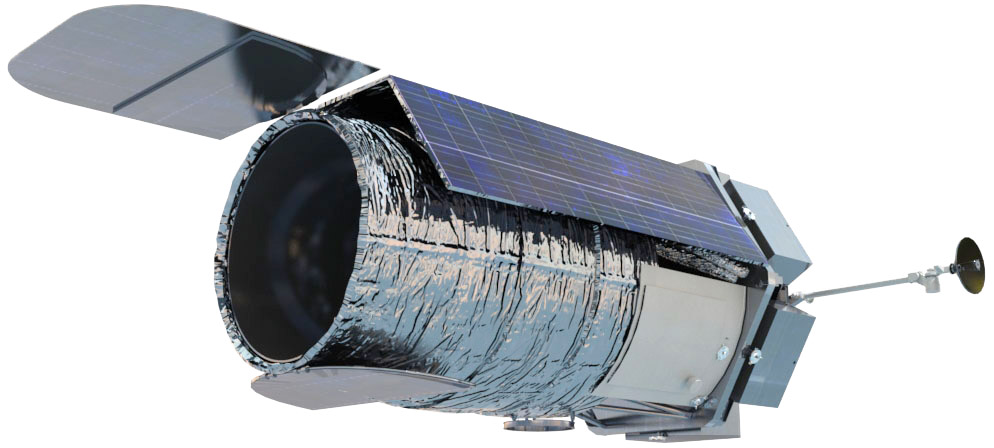
NASA's WFIRST should allow for the discovery of 3,000 new planets by microlensing, including free-floating planets and those in wide orbits. Pairing its data with Kepler will allow for the discovery of analogs of all solar system planets except for Mercury, including a body twice the mass of the moon at 5 AUs. Unlike Kepler, WFIRST should avoid astrophysical false positives.
[Full Story]
NEXT: Earth Impact: Are Comets a Bigger Danger Than Asteroids?
Earth Impact: Are Comets a Bigger Danger Than Asteroids?

Discussions about "death from above" scenarios usually center on asteroids, but a comet impact could be far more devastating than a space rock strike.
[Full Story]
NEXT: Will Epic Big Bang Discovery Stand the Test of Time?
Will Epic Big Bang Discovery Stand the Test of Time?
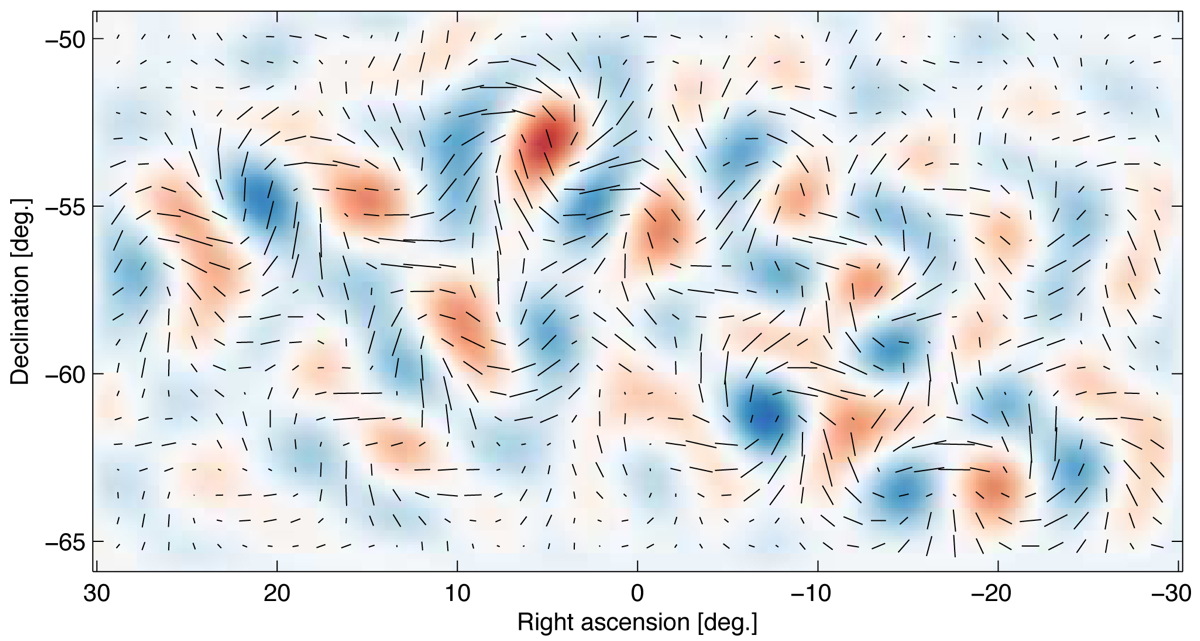
The "smoking gun" for gravity waves and inflation in the early universe may have come from interstellar dust, some scientists say.
[Full Story]
NEXT: Longest Day of the Year: Summer Solstice Arrives Saturday
Longest Day of the Year: Summer Solstice Arrives Saturday
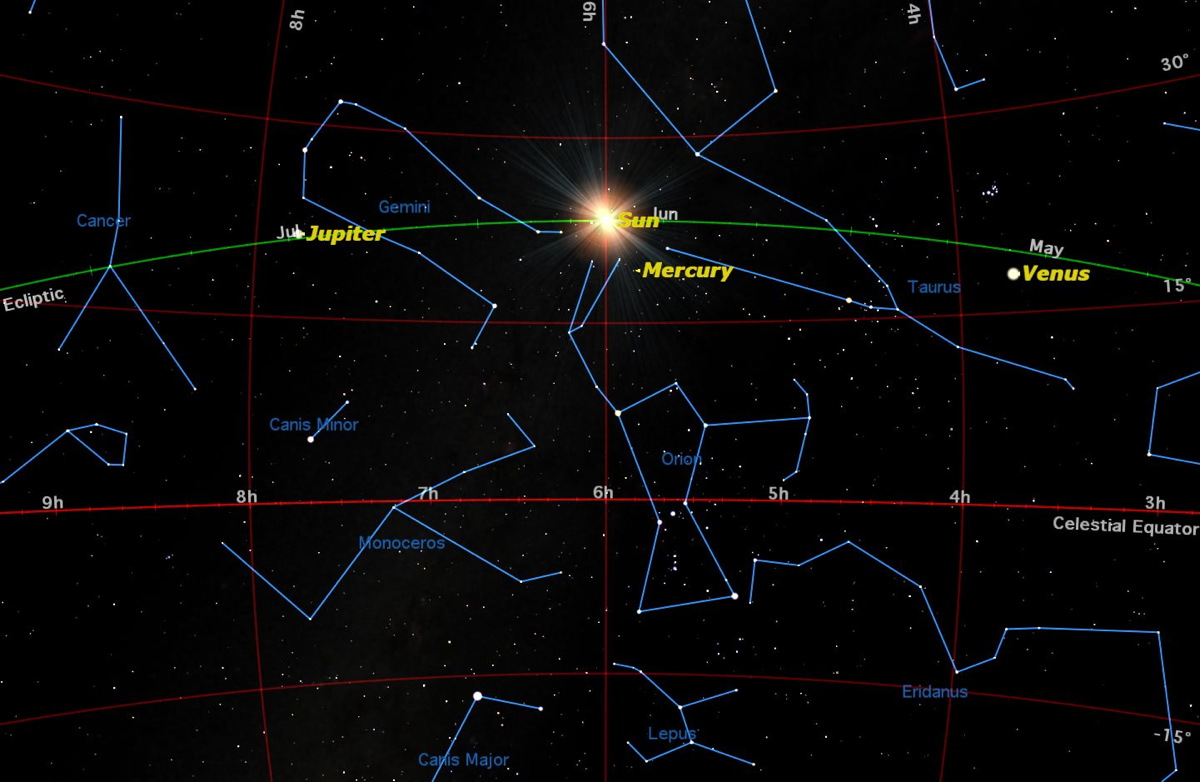
On Saturday morning, the Sun reaches the northernmost point on its annual trip around the Sun, ushering in Summer in the Northern Hemisphere and Winter in the Southern Hemisphere.
[Full Story]
NEXT: Solar 'Mini-Max' Erupts As Quiet Sun Finally Hits Its Peak (Video)
Solar 'Mini-Max' Erupts As Quiet Sun Finally Hits Its Peak (Video)

After a quiet solar peak, scientists are dubbing the sun's active exploits lately a "mini-max" because the maximum period of activity on the sun is shorter than usual.
[Full Story]
NEXT: Ancient Dwarf 'Starburst Galaxies' Shed Light on Early Universe
Join our Space Forums to keep talking space on the latest missions, night sky and more! And if you have a news tip, correction or comment, let us know at: community@space.com.
Get the Space.com Newsletter
Breaking space news, the latest updates on rocket launches, skywatching events and more!

Space.com is the premier source of space exploration, innovation and astronomy news, chronicling (and celebrating) humanity's ongoing expansion across the final frontier. Originally founded in 1999, Space.com is, and always has been, the passion of writers and editors who are space fans and also trained journalists. Our current news team consists of Editor-in-Chief Tariq Malik; Editor Hanneke Weitering, Senior Space Writer Mike Wall; Senior Writer Meghan Bartels; Senior Writer Chelsea Gohd, Senior Writer Tereza Pultarova and Staff Writer Alexander Cox, focusing on e-commerce. Senior Producer Steve Spaleta oversees our space videos, with Diana Whitcroft as our Social Media Editor.
